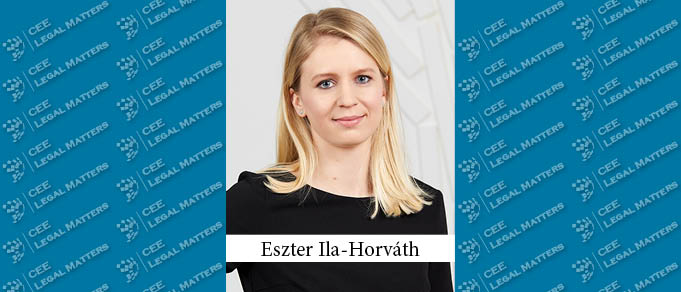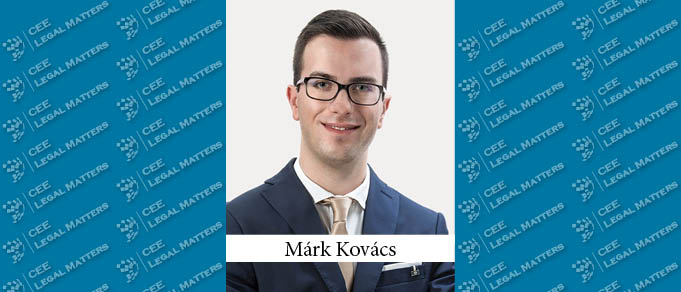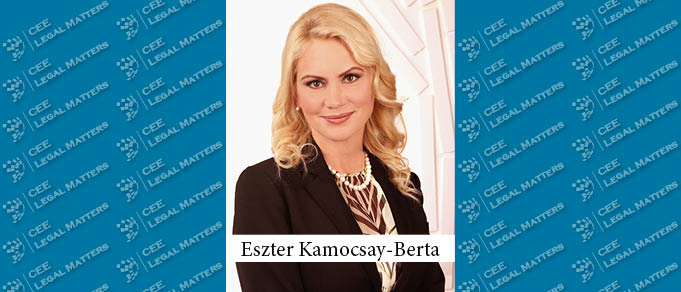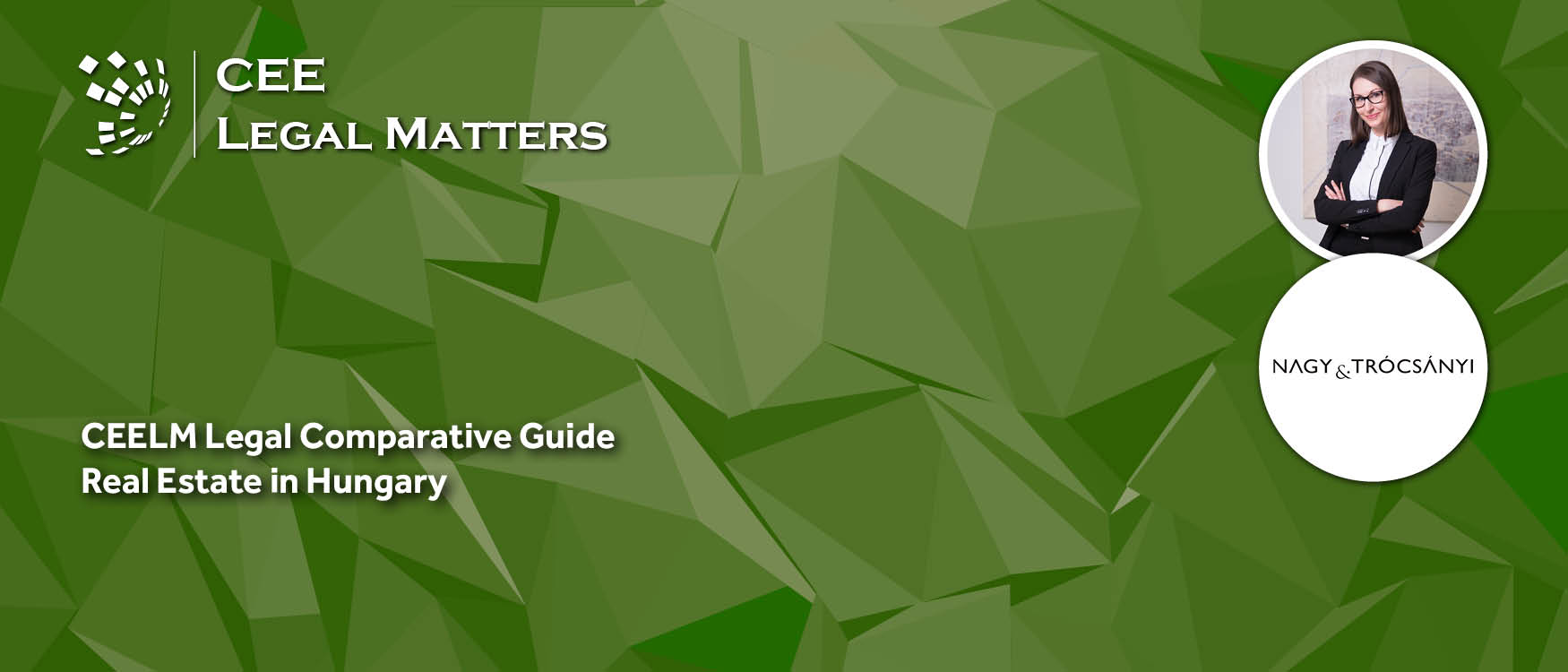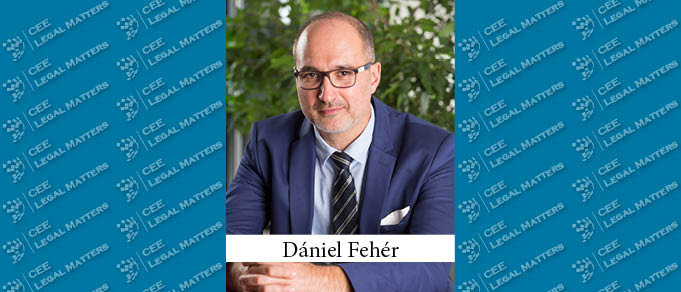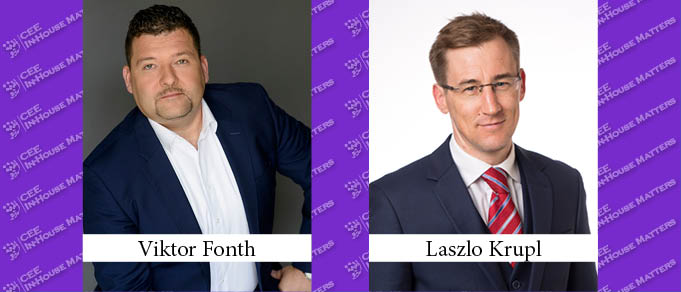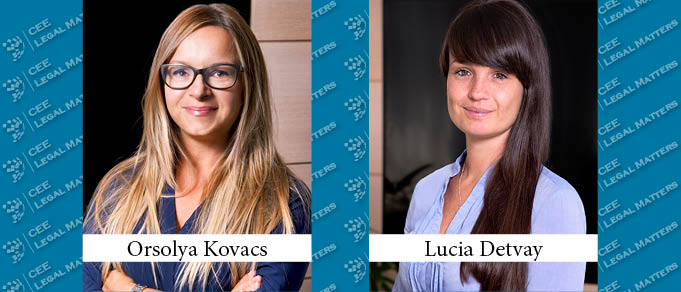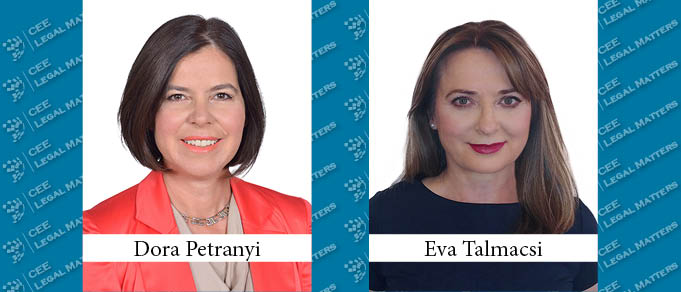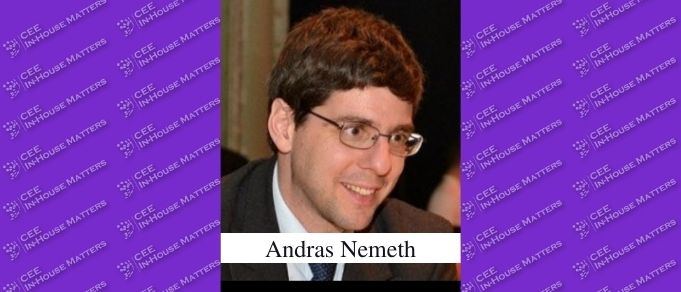On 14 December 2021 certain acts of agricultural subject were amended by the Hungarian Parliament, affecting inter alia the Act on Protection, Management of Wildlife and Hunting, the Forest Act, the Act on Transactions in Agricultural and Forestry Land (Land Transactions Act) and the Act on the Termination of the Undivided Joint Ownership on lands.
Modifications of Company Rules in the Civil Code
Several modifications of the company rules in the Hungarian Civil Code entered into force with effect of 1 January 2022. One of the most important changes is that the rules on additional payment (in Hungarian: “potbefizetes”), which were applicable only for limited liability companies, have been transferred to the common rules of companies, resulting in that the possibility to require additional payment from the members is available also for general partnerships, limited partnerships and private limited companies.
Don't Wait Too Long to Enforce Your IP Rights, Especially Community Plant Variety Rights
Mark Twain famously said "Never put off till tomorrow what may be done day after tomorrow just as well." Although procrastination usually does not have serious consequences, careful consideration is needed when enforcing IP rights. In its recent decision in case C‑186/18, the Court of Justice of the European Union ("CJEU") concluded that an unjustified delay in enforcing IP rights may result in the loss of a large part of the claim due to time-limitation.
Amendment of Several Laws with Respect to the New Land Registry Act
At the beginning of November 2021, a bill was submitted to the Hungarian Parliament on the temporary provisions relating to the new Land Registry Act and on the amendment of certain acts of cultural subject and relating to the land registry, spatial planning (in Hungarian: “teruletrendezes”) and urban planning (in Hungarian: “telepulesrendezes”).
New Rules on Teleworking
In order to respond quickly to the challenges caused by the pandemic in the workplaces, the Hungarian Government introduced temporary regulation on teleworking in 2020. Since these provisions are applicable only during the state of emergency, the modification of the Labour Code and the Act on Safety at Work are on agenda with the aim of clarifying the provisions on teleworking on a permanent basis. The proposed modification is in line with the rules on teleworking specified in the Government decrees currently in force.
ECJ Backs Deduction of VAT on ‘Overpriced’ Services in Hungarian Case
The European Court of Justice (ECJ) confirmed once again that VAT deduction is fundamental part of the VAT mechanism and thus can only be narrowly restricted or limited.
Tax Reductions from 1 January 2022
Mihály Varga, Minister of Finance of Hungary has introduced many changes in tax legislation as of 1 January 2022 with an estimated HUF 750 billion to be left at the private sector. According to the statement of the Minister, tax reductions became achievable, as the economic growth of Hungary rose over 6,1%.
Real Estate Laws and Regulations in Hungary
Contributed by Nagy es Trocsanyi.
The Applicable Labour Law for Employees of a Hungarian Employer While Working Abroad
A Hungarian company in the field of the construction industry is constantly posting workers to different member states of the European Union. According to the labour agreement of employer and employees the applicable law is Hungarian, however, the mandatory health and safety provisions of the place of work based on the Directive 96/71/EC of the European Parliament and of the Council of 16 December 1996 concerning the posting of workers in the framework of the provision of services – if these have a stronger protection - must be applied.
Face-to-Face: Viktor Fonth and Laszlo Krupl
Schoenherr Hungary’s Head of Real Estate Laszlo Krupl interviews HB Reavis Country Legal Director Viktor Fonth.
New Deed on the Land-Compensation
In 2018, the Hungarian Constitutional Court established in its decision that there was an infringement of the Fundamental Law by omission in connection with the entry into force of the amendment of certain acts relating to land-compensation. The issue was that the legislator abolished the rules on the auctions of agricultural land, so that the beneficiaries still had the purchase right serving the assertion of the compensation claim. The Constitutional Court called on the Parliament to fulfil its legislative duties by 31 December 2018.
Significant Minimum Wage Increase Confirmed in Hungary
From 2022 the new general gross minimum wage will be HUF 200,000 (approximately EUR 550).
Highlights In Competition Law and its Enforcement – How to Ensure Effective Claim Enforcement in Hungary Today?
Assessing the damages resulting from competition law infringement is one of the main focal points of private antitrust litigation. However, in almost all cases, the assessment of damages and causation requires an expert with specialized expertise. Below, we review the methods available in the Hungarian legal system for providing expert evidence. In particular, we will show that the law only provides limited options in cases requiring special expertise. Moreover, this limitation may be even more pronounced due to the seemingly obscure nature of case law interpretations related to private expert evidence – interpretations that are currently being formulated.
Reimagining Digital: An Interview on Building a Sustainable Digital Infrastructure
“The pandemic has made everyone aware of the critical need to digitalize their business – irrespective of their industry,” explains CMS CEE Managing Director Dora Petranyi. “With the rise in digitalization, not just in business, but even in our daily lives, we also see an increased awareness of the importance, and impact, of the infrastructure that supports these digital trends.” And this increased awareness of the importance of the infrastructure being used is complemented by the pandemic drawing people’s attention to climate change as well, with Petranyi noting: “We all saw many maps of various regions of the world suddenly becoming cleaner and cleaner as the lockdowns were being implemented – it was only natural for it to emphasize the link between human activity and its impact on the environment.”
ECJ’s Ruling in Favour of Boehringer - Pharmaceutical Companies May Retroactively Reduce Their VAT Liabilities
The Hungarian State unlawfully collected a sizeable amount of VAT from pharmaceutical companies ruled the European Court of Justice (ECJ) in a recent preliminary ruling procedure, initiated by Boehringer Ingelheim against the Hungarian tax authority.
Gabor Fejes and Zoltan Marosi To Join DLA Piper in 2022
DLA Piper has announced that Oppenheim Partners Gabor Fejes and Zoltan Marosi are set to join the firm as a Partner and Local Partner, respectively, early in 2022.
Andras Nemeth Joins Audax Renewables as Senior Legal Counsel
Andras Nemeth has joined Audax Renewables Hungary as a Senior Legal Counsel.
New Residence Permit for “Digital Nomads”
In November 2021, a bill on the amendment of Act II of 2007 on the Entry and Stay of Third-Country Nationals in Hungary was accepted by the Parliament. The purpose of the modification is to create a new type of residence permit for “digital nomads” and it will enter into force on 1 January 2022.


